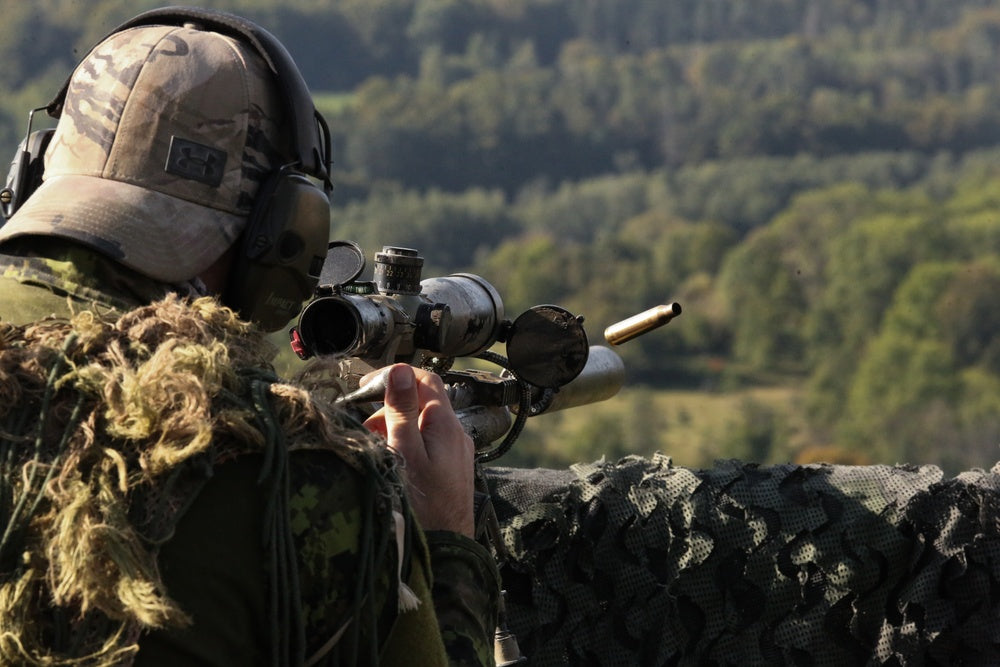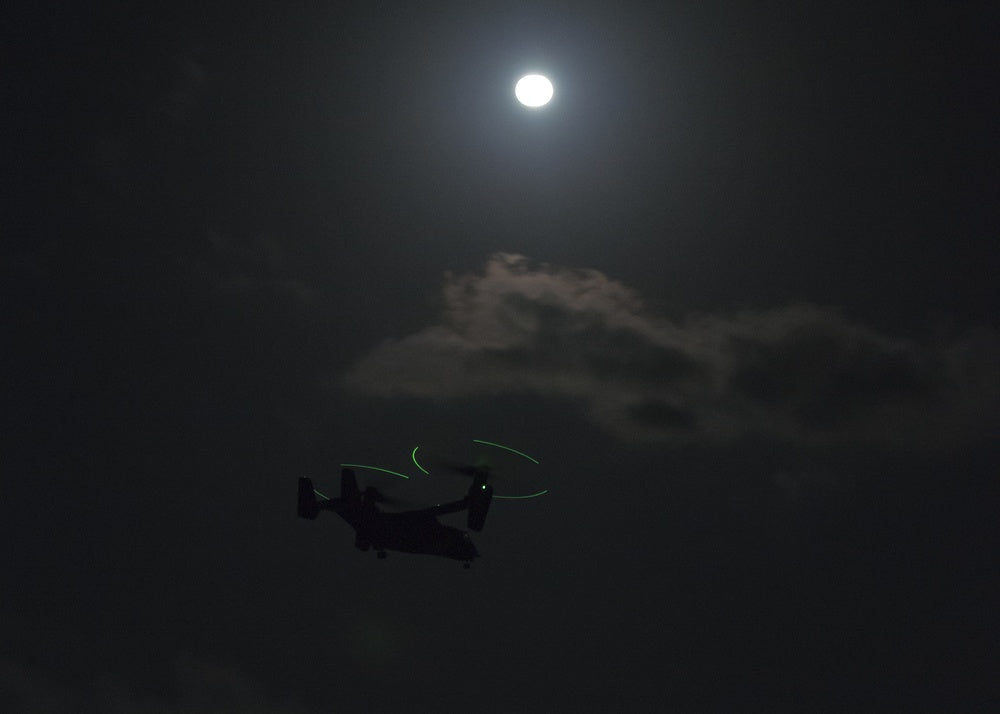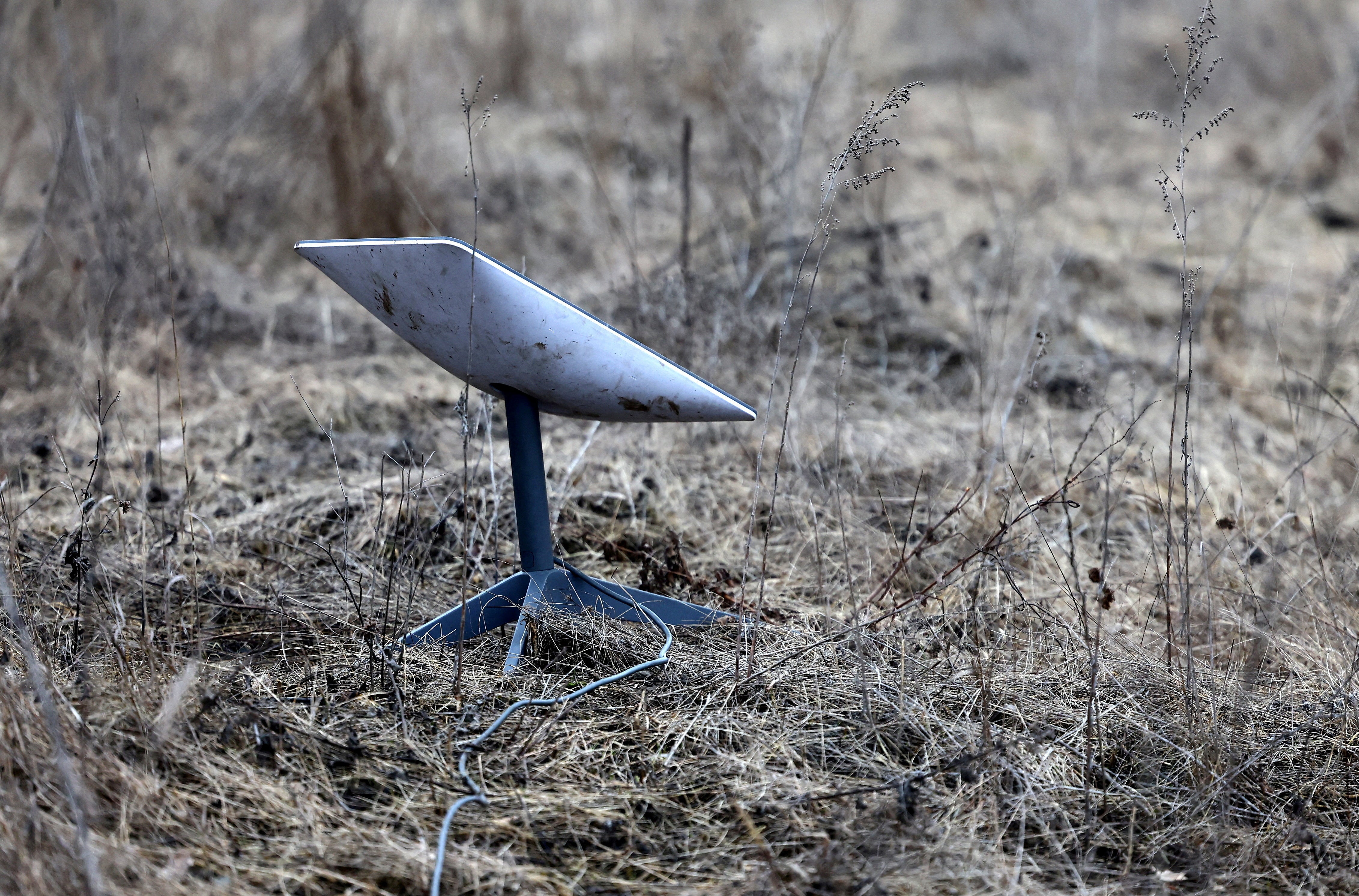
Canada must spend “much more” on military, defense minister says
PHOTO CAPTION: A Canadian sniper cycles his rifle for another shot from an elevated firing position during the U.S. Army Europe and Africa Best Sniper Team Competition at the Joint Multinational Readiness Center near Hohenfels, Germany, Oct. 1, 2023. (U.S. Army photo by Cpl. Eric Perez via U.S. Defense Visual Information Distribution Service)
By Steve Scherer
OTTAWA (Reuters) - Canada must and will increase spending on its military, Defense Minister Bill Blair said on Thursday, but he did not specify when the country could open the fiscal taps enough to meet NATO's minimum target.
Canada, a founding member of the North Atlantic Treaty Organization, has not met the goal of allocating 2% of gross domestic product for defense for decades, and now spends just under 1.4% of GDP per year.
"Canada must and will spend more on defense," Blair told the annual Ottawa Conference on Security and Defense. "We know we need to do much more."
U.S. Republican presidential candidate Donald Trump last month suggested he would not defend NATO allies who failed to spend enough on their armed forces.
Climate change, as well as wars in Ukraine and the Middle East, are factors that make investments more urgent, Blair said.
"The Arctic is becoming more accessible, which means that geography no longer affords us the security it once did," Blair said. "We know that Russia and China both harbor Arctic ambitions, and those have major security implications for Canada. It is incumbent upon us to meet this moment."
Canada plans to double its defense budget to about C$40 billion ($29.7 billion) by 2026-27 compared with C$18.6 billion in 2016-17, the defense ministry says.
U.S. ambassador to NATO, Julianne Smith, speaking to CTV last month, urged Canada to fix a timeline to reach the target.
Eighteen NATO members will meet or exceed the 2% target this year, up from 11 in 2023, NATO Secretary General Jens Stoltenberg said last month.
Blair said he would soon present a defense policy update, including plans to boost spending while outlining military priorities, but did not say whether the new expenditure would be included in an annual budget due out next month.
"We're also constrained a little bit (in) our ability to make those dollar commitments in the current fiscal environment," Blair said.
The Bank of Canada's key interest rate is at a 22-year high and the central bank says it is too early to consider a cut, citing stubborn inflation.
($1 = 1.3489 Canadian dollars)
(Reporting by Steve Scherer; editing by David Ljunggren and Bill Berkrot)









